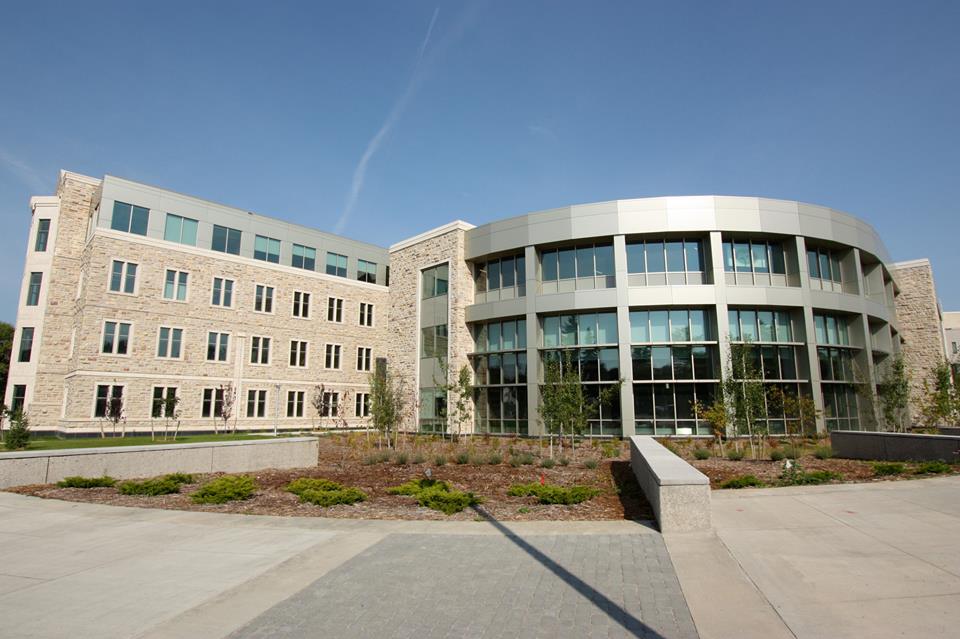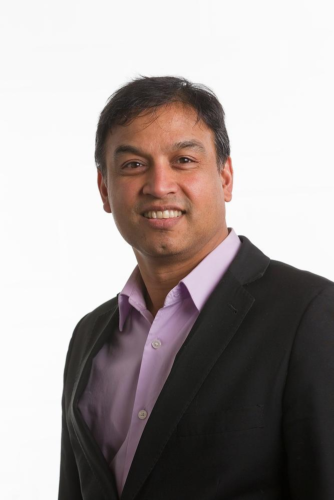An interview with Dr. Nazeem Muhajarine
We sit down with Dr. Muhajarine to ask him to reflect on his career path and share with us stories of his journey. His story walked us through many parts of the world, and we hope that his articulated speech and passion for his research is reflected among the words we managed to capture. Happy reading!
If you haven’t read part 1 of the interview, check it out here.
If you could give one career advice to emerging Canadian public health professionals about pursuing a career in academia, what would it be?
Not all advice is going to work for everyone, but there are some common things I share with students who are planning for a career in academia.
#1 IMPACT: You should really know what type of impact you want to have through your research, whether it is in a particular setting (physical neighbourhood or city) or whether it is a community that is identified by some other characteristic. I’ll tell them to choose carefully the projects that they would do in order to maximize on their desired impact.
#2 INTEGRITY: Have a lot of integrity in what you do. What I mean by that is that I think sometimes research is done and can be done with little regard for the ultimate beneficiaries of the research. Sometimes you find that time is too short or there are too many hoops to jump or a lot of barriers, and so you try to cut corners. I really don’t think that is a very good take-away from your program. I think you have to have a lot of integrity and have the end users in mind, and actually take the position that serving them is a privilege and not a right. There have to be a lot of ethical considerations guiding that. Sometimes our programs don’t cover these kinds of subject matter because they’re not considered a part of epidemiology. The assumption is that you already have that skill because it is a part of life’s teachings. I don’t think that should necessarily be assumed. So, put these kind of ethical considerations in your professional context and have that act as a guide in your training.
#3 GO WHERE THE JOB IS: The world population is not going to shrink anytime soon. We have big issues – climate change or the impact of migration on health. We have emerging epidemics from time to time, as well as actually enduring issues like poverty, isolation of seniors, and exclusion for example. We have really big, wicked problems to solve and these problems aren’t going to go away in a hurry. Given that I think public health is at the forefront at tackling some of these issues, as it is also the discipline that binds other fields like environmental science, sociology, and medicine.
I would encourage people to go into this field, and once you have got your degree, you have to be able to go where the jobs are. I know that everybody can’t do that, so take any experience post your degree – even if it is for 6 months or 1 year – it is not a waste. Every experience is important, it teaches you about your character, what sort of work you want to do and with whom you want to work with.
#4 CULTIVATE RELATIONSHIPS: I can’t stress the importance of cultivating relationships (maintaining and sustaining them) enough. We talk about knowledge transfer a lot in public health, but it’s predicated on relationships. Without relationships it’s really difficult to do effective knowledge transfers. The ability to connect with people from different spaces who have the use for the type of knowledge that you generate – that’s what I mean by relationships. It’s predicated by how well you get along with people, how you respect them, and how in a timely way you can give them the information they need in a form and manner in which they understand. And then to be able to evaluate whether you’ve done a good job on relaying that information. Again, we don’t offer a class on relationship-building but everything in public health is predicated on that.
What does a day at work look like for you?
No two days are alike. I would say that I do about 60% research in my full-time, 30-35% working with PhD Students, and about 10% in administration. I have less administrative work now that I’m not the department head (it used to be 40% research, 30% supervising students, and 30% administrative).
If you take a typical day, I probable have 2-3 meetings (each an hour long), whether it is with a committee or a student. On a teaching day, I’ll teach for about 3 hours and then on a weekly basis I work with students in terms of talking to them (1-on-1) or reading their proposals – I probably spend half a day per week doing that. And the rest of the time is spent on administrative work.
I think in general there are a lot of meetings to go to because research is done through meetings, especially in public health because you’re always collaborating, meeting, strategizing next steps, sharing manuscripts in draft form, sharing results, and getting people’s input – and this takes a chunk of my time.
You know, if I was a bus driver, if I leave my bus, I leave work. But when you work in academia, work doesn’t end just because you left the office. So I think it’s become a way of life. I’d say I spend about 40 to 55 hours a week on my job.
Dr. Muhajarine leaves us with these final words as an inspiration for students and emerging professionals to explore the diverse fields of public health.
There has never been a better time for a young person to go into Epidemiology than right now. A lot of brainpower is needed in public health to think laterally, expansively and deeply on a point. In addition, the tech industry is enabling us to do things that we were not able to do three years ago, from big data to capture data as you live, or wearable devices just to name a few. There really has never been a better time to get into public health and epidemiology than now. And people should of course come to the University of Saskatchewan, because we do offer a program that is second to none.






